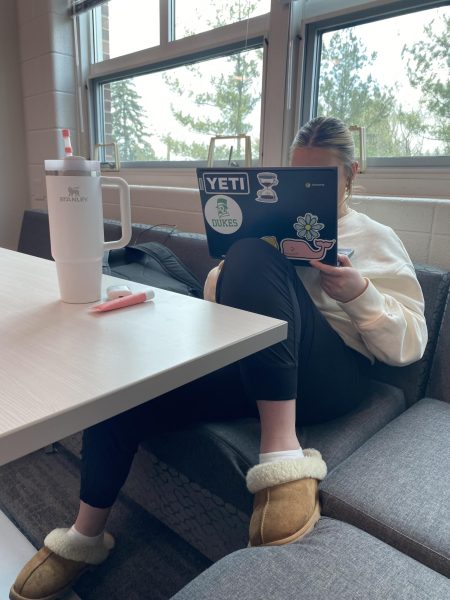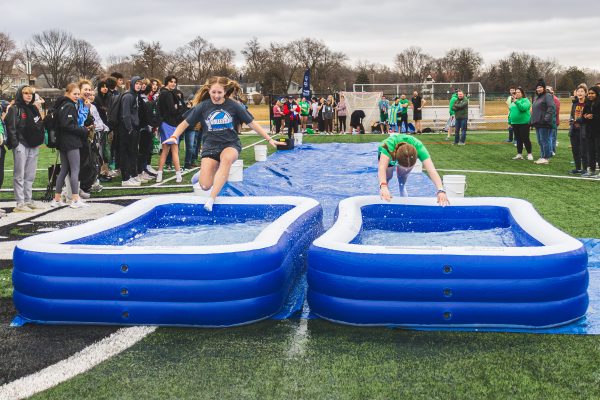Seven ways to prepare for AP exams
As the school year begins to wind down many students find themselves being swamped by tests and quizzes. While your World Studies or Precalculus test may count for your final grade, Advanced Placement (AP) tests could have a significant impact on a student’s college admission and course selection. AP tests are taken by students with the intent of completing college credits before college, and depending on the college you attend, removing the need to take some courses in college. Since many York students will be taking AP tests, here are seven ways you can maximize your AP test preparation.
#1: Begin studying early
Most AP tests are from classes that are a year long, so there will be information on the test from all parts of the year, unlike finals. It is important to begin your studying in order to take into account the time you will need to go over the topics you covered at the beginning of the year. At this point, it may be more difficult to do this as AP tests start in two weeks, however, it will help to keep this in mind in future years.
#2: Take practice tests
If you are able to, this is one of the first things you should do when you start studying for an AP test. While you might not know everything yet, depending on when you take it, a practice test could help you determine what you know and what you don’t. It can also give you a feel of what the test might be like, so it’s worth the time it might take to give it a shot.
#3: Be efficient in your studying
When you’re studying figure out what you know and what you don’t know in order to maximize your studying. You don’t want to be studying things you already know. This does not mean ignore any parts of the review containing information you think you already know, but take more time with topics that you don’t remember well.
#4: Make a list of essential topics to study
In every class there will be major topics that you know will be covered. For example, in AP Government you can assume that the structure of the legislative and executive branches of our government will be a significant topic due to its coverage in class. So you should review the topics you have covered and find topics that were critical in the understanding of the class, as you can assume that in one way, shape, or form, a question relating to the topic will be on the test.
#5: If you can, look at previous tests
Previous tests are extremely useful at determining trends about the types of questions the college board puts on the test. For example, if you look over a previous AP Biology test and there are 15 questions relating to parts of the cell and their functions, you can expect that they will ask similar questions on the test this year. This mostly goes along with number two about taking the practice tests. You’re simply looking at trends rather than actually taking the test.
#6: Go to review sessions
Review sessions are a great time to ask questions. Nobody in your session has taken the AP test for your class before, so you’re all bound to have questions. Even if you don’t have any questions, study sessions allow you to be in an environment in which you are exchanging information with a teacher present, so you can be sure that you are doing the correct things.
#7: Study with friends
When studying with friends, you have to be careful. Other people can help you maximize your studying and improve its quality, but they can also become a distraction. Make sure that when you are with friends you remain on topic and discuss relevant information. Use your friends to quiz you on topics or to collaboratively work through difficult questions, because sometimes they can help you see a topic in a new light that helps you understand it better.
There are many other things you can do to prepare yourself for an AP exam, but these are just some starting tips for those who are new to AP testing, or who get overwhelmed by the end of the year.

Ethan Thomas is a senior at York and is the News and Opinions Editor. He is extremely interested in politics and for some reason baseball, although his...















